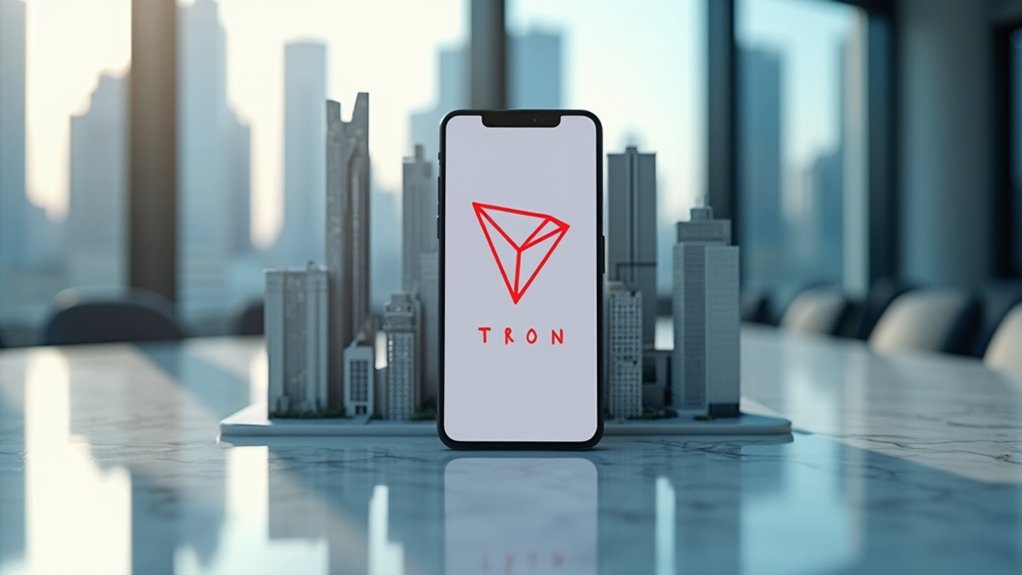The convergence of artificial intelligence and blockchain technology in education represents more than mere technological novelty—it signals a fundamental restructuring of how knowledge is delivered, verified, and monetized in an increasingly digital economy.
As the global EdTech market races toward a projected $404 billion valuation by 2025, driven by AI’s impressive 16.3% compound annual growth rate, educational institutions find themselves wrestling with technologies that promise efficiency while threatening their traditional gatekeeping functions.
AI-powered adaptive learning systems have moved decisively beyond experimental phases, customizing educational content with algorithmic precision that would make Renaissance tutors weep with envy.
Today’s AI tutoring systems deliver personalized instruction with algorithmic sophistication that would make history’s greatest educators simultaneously impressed and obsolete.
These platforms analyze performance data to personalize learning experiences, automate administrative drudgery, and deploy intelligent tutoring systems that never require coffee breaks or sabbaticals. The irony, of course, is that technology designed to enhance human potential often reduces educators to data entry clerks—though freed instructional time theoretically compensates for this digital indignity.
Workforce alignment has become education’s new obsession, with upskilling initiatives proliferating like financial derivatives before 2008.
Universities forge industry partnerships to accelerate digital transformation, while micro-credentials and virtual apprenticeships attempt to bridge the notorious education-employment chasm. Governments, sensing opportunity (or perhaps panic), incentivize practical training programs that promise reduced entry costs and accelerated workforce readiness.
Meanwhile, blockchain technology tackles education’s credentialing crisis with characteristic distributed ledger enthusiasm.
Universities and employers can now access tamper-proof digital certificates that eliminate fraud risks while automating verification processes through smart contracts. Students gain unprecedented control over their academic records—a revolutionary concept that might have prevented countless transcript disasters.
The transparency blockchain enables in academic achievements creates verifiable learning pathways that traditional institutions can no longer manipulate or gatekeep exclusively. Educational institutions benefit from blockchain’s ability to function like a giant spreadsheet documenting and securing transactions with unprecedented transparency and security.
This decentralized approach mitigates identity management challenges while reducing administrative bottlenecks that have plagued higher education for decades. Early childhood education emerges as a particularly promising sector, with private investments driving innovative programs specifically designed for digital-native young learners.
Despite these promising developments, full-scale integration remains elusive across many regions, where measurable curriculum impact struggles to justify implementation costs. Decentralized communities focused on AI research are emerging as powerful catalysts for democratizing educational resources and bridging the gap between academic institutions and practical technology applications.
The question persists: will these technologies truly democratize education, or simply create more sophisticated barriers wrapped in digital efficiency? The market, characteristically optimistic about disruption, has already placed its bets.






